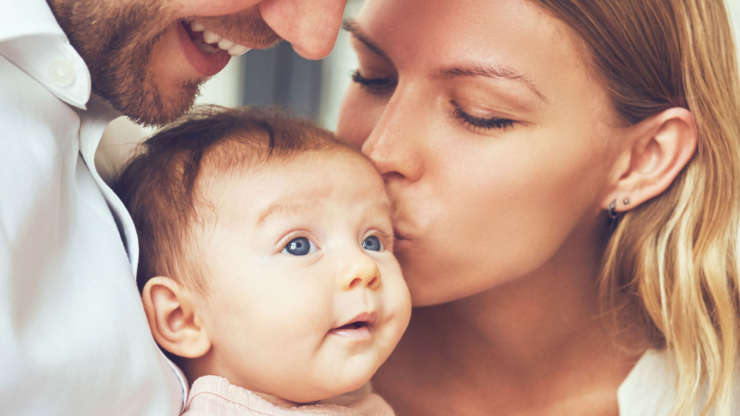There are many variations on the IVF technique, and one that is particularly important concerns what happens where there are sperm present, but they are hardly swimming or not swimming at all, or there is some other barrier to fertilization. The causes may be genetic or environmental. In normal IVF, the eggs and sperm are mixed in a petri dish and fertilization occurs spontaneously.
When the sperm are not active enough, this fertilization does not happen. Fortunately, ICSI was developed to account for this problem. By using sophisticated microscopic manipulation equipment, a single sperm can be manually injected into an egg resulting in fertilization just as if a swimming sperm had encountered the egg naturally.
The procedure is called intra-cytoplasmic sperm injection (ICSI). Cytoplasm is just the scientific name for the inside of the egg. The other parts of the IVF cycle, the controlled ovarian stimulation and embryo transfer, are just the same as normal.
The ICSI Technique
Firstly, in ICSI, the egg and sperm are prepared separately. Then the egg is held in position by a pipette with gentle suction from a microinjector, with the polar body held away from the area to be injected. The embryologist then picks up the prepared sperm with a glass micropipette, pierces the shell of the egg, and injects the sperm into the egg’s inner cytoplasm.
The egg/sperm will then be placed in a culture medium, as normal, and checked the next day to see if it has been fertilized. The egg and sperm are tiny and all this takes place using micromanipulators and a powerful microscope.
The ICSI Decision
Often the plan to use ICSI is made before the IVF cycle starts. A previous semen analysis will have identified the deficiencies mentioned above or, for example, where sperm has previously been surgically removed from the testis, we would expect the sperm to need the help of ICSI.
However, the final decision will almost always be reviewed by the embryologist when he or she sees the actual eggs and sperm on the day of the procedure. This sperm sample may be better than the semen analysis suggested, or it may be worse. Where possible we will always let nature take its course and let the sperm and eggs mix as naturally as possible without using ICSI.


